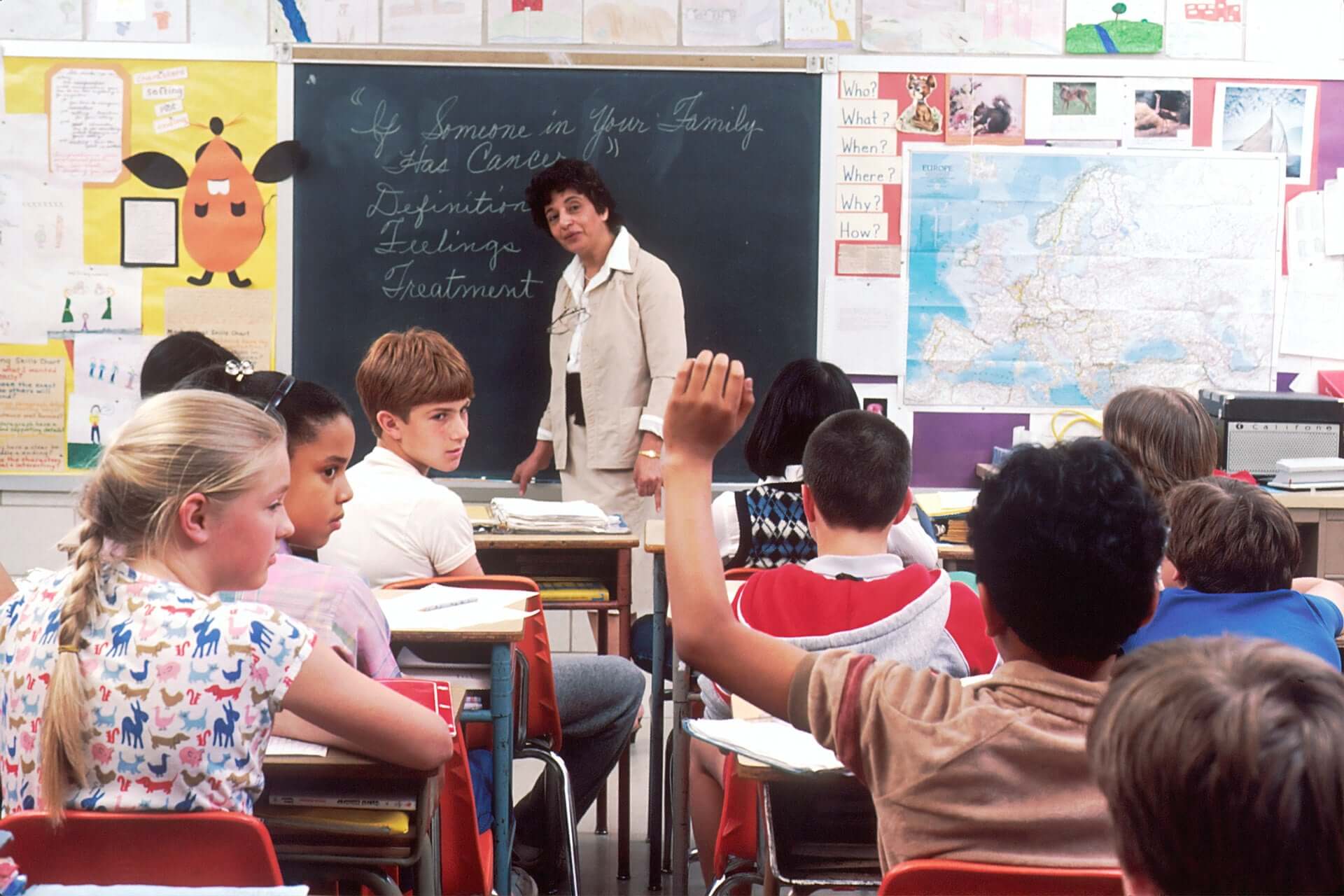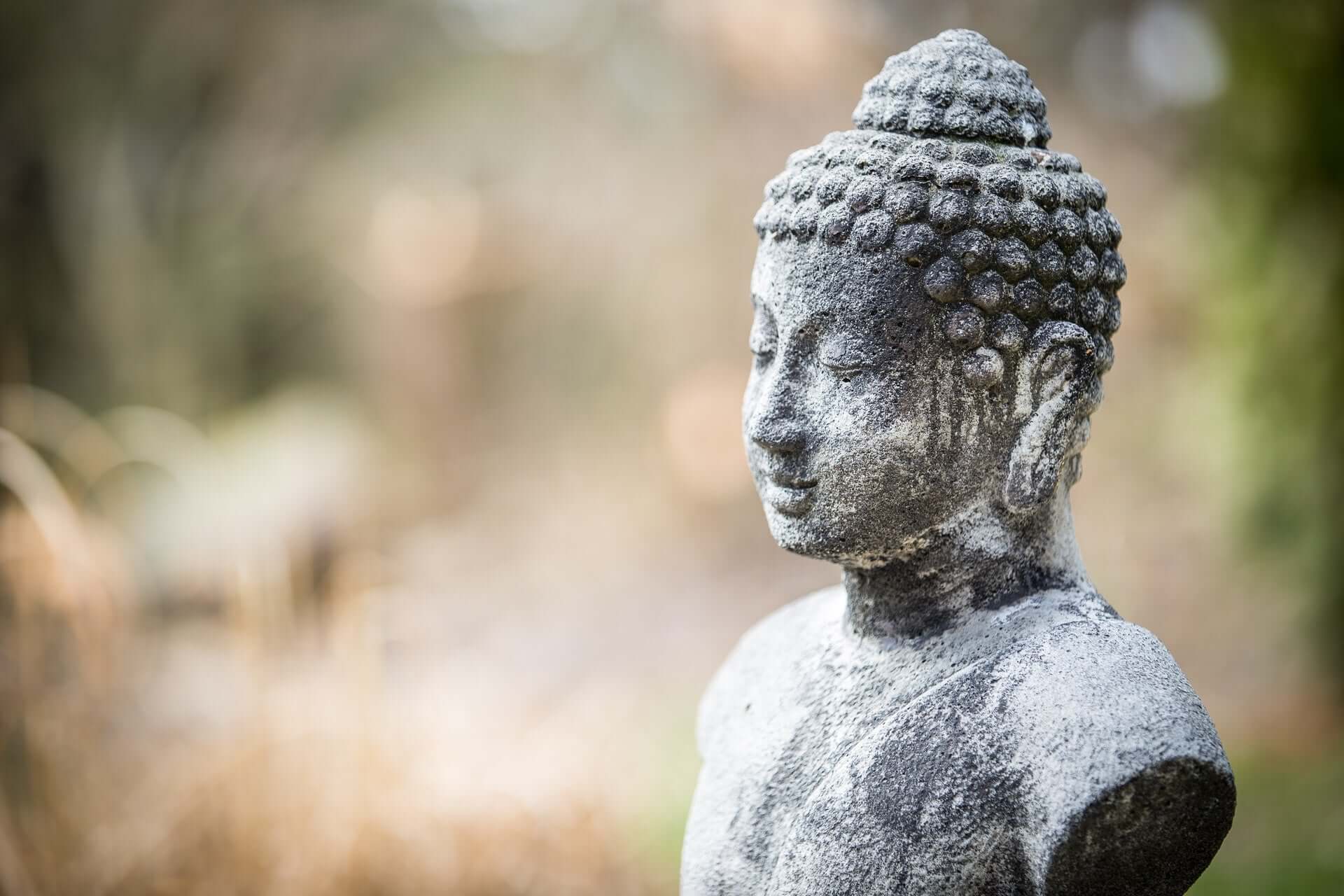
Inhaltsverzeichnis
"You don't do that for the others, but for yourself!" - how parents can deal with the pressure at school
Do we remember? We sat obediently, pushing the hard, uncomfortable chairs in that incredibly boring math class – and from the front, we were encouraged with: "You're not doing this for me or your parents, but for yourself."
Did we really have any idea, when we were in school, what the decisions we were making today meant for our future? Did we really care that our school grades could influence our careers—and did we understand that this annoying school stuff was something positive we were giving ourselves?
I doubt it. We were waiting for the long-awaited school bell. And I'll venture a provocative thesis: We were right. Every student who stays in class with their own opinion and attitude toward school is right. Those who eagerly absorb everything and work toward a top-notch high school diploma—but also those who long for nothing more than to finally stand in the smoking area during recess.
How do I come up with such a seemingly absurd claim? Isn't our entire social and economic system based on the idea that the losers are relegated to the smoking area and the winners do the extra homework? Aren't we indoctrinated from an early age that we have to function and that we'll ruin our future if we don't perform well now and thereby stand out from the crowd?
Well, that's true. But our meritocratic society has forgotten something: every person stands out from the crowd through different qualities. Great efforts are made to categorize, judge, and evaluate these differences, labeling them as useful or useless, thus keeping the system running – but according to individual psychology, every person follows their own life path, their secret goal, which, often unconsciously, guides their decisions and steers their life in a certain direction.
We follow our line
This provides an explanation for why, for most students, well-intentioned advice fizzles out into the ether without being taken up.
Our soul doesn't follow what is externally presented as wise and sensible. We follow what our brain, based on our experiences, deems the surest path to achieving our secret life goal: "Once I'm above everything, then..." "Once I've managed to become invisible, then..." "Once I'm the most beautiful woman far and wide, then..."
Our life goals are based on what we take with us from our childhood and are intended to help us nurture the hope that there will be a day when we will be happy and content, having arrived.
This doesn't mean that these life goals are always wise, thoughtful, and meaningful. They can also make us lonely and separate us from the community. But as young people who haven't yet learned to reflect on ourselves, we aren't aware of this.
Thus, our actions in childhood and adolescence follow our unconscious programming. School will therefore only succeed in "bringing us to our senses" if it either breaks our will or if the demands already correspond to our secret life goal, for example, "Once I'm the best at everything here, then I'll finally be lovable." Thus, a person's attitude toward school always reveals whether this system serves them personally or not.
It is extremely important to know that the motivation to learn, to be curious and to create is present in every person.The desire for further development is in keeping with our natural abilities. The approach of infusing young people with information from outside that doesn't interest them only leads to short-term success. The information, at best, ends up in their short-term memory or serves the simple purpose of advancing to the next grade. But most of the content passes us by.
The pressure still remains, right?
However, this reflection doesn't change the facts – school attendance is compulsory, and it's undeniable that we can and should be grateful for our educational opportunities. So, perspective is what matters most. But this applies primarily to us adults. What can the young people who are in school and can't easily escape their fears and find it so terrible do? What can we do to support them?
An important aspect is that pressure leads to nothing. As parents, we must first ask ourselves: Where do I feel societal, social, or personal pressure in requiring my child to achieve this or that special thing at school? What demands am I projecting onto my child?
Next, it is advisable to realize how many wonderful options there are today to take the pressure off everyone involved and allow a little more breathing room:
Even if a student starts at a secondary school (Hauptschule), the path to the Abitur (university entrance qualification) and university studies is possible well into adulthood. I personally know several people who have completed their Abitur (university entrance qualification) while still adults with families. The reassuring thought behind this is that all is not lost if my child brings home bad grades. I can relax and approach the child with an open ear, love, and understanding.
When the pressure in the family eases, the pressure in the child may also ease. If the family is a safe place where love doesn't have to be earned through performance, it's often even possible to open up to the content of performance, because the child experiences both: It may not always be comfortable, but I can also grow beyond myself. And there's a place where I can simply be.
How can we make the most of our time?
As parents, we can always encourage our child to find their own path. It's not a big deal if they get a C in math. It's really not. Maybe they really never want to have anything to do with math. Instead, they might be very good at art. Or vice versa.
We don't have to be good at everything. As humans, we can choose a niche in which we can showcase ourselves. Not everything else has to be perfect. Sayings like, "But you can't... but you have to..." have rarely proven helpful—both with children and with ourselves. It creates emotional pressure, thus stressing the brain, slowing synapses, and achieving the exact opposite of what we originally intended.
Also illuminating: Put school into the context of the rest of life. What's it really about? What importance do you place on education in your value system? How much time do you want to invest in introducing your child to other aspects of life that aren't taught in school? How can you engage your child holistically and prepare them for life?
Have courage: Give your child the inner freedom to decide for themselves what importance education should have in their life."It can't do that yet," you might object. True, but the child does it anyway, even without thinking about it. It chooses to be for or against it, depending on its life course.
Therefore, it's good to know that children actually always want to cooperate. Even if they persist in a rebellious attitude, the deeper desire behind it is actually simply: "Let me be myself and experience myself in a safe relationship – but without us having to be apart." This makes a relaxed journey through school together possible – and perhaps even joyful.
If you would like to learn more about family and pregnancy, mindfulness, nutrition or sustainability, Check out more exciting blog articles on these topics here.




























Leave a comment
This site is protected by hCaptcha and the hCaptcha Privacy Policy and Terms of Service apply.